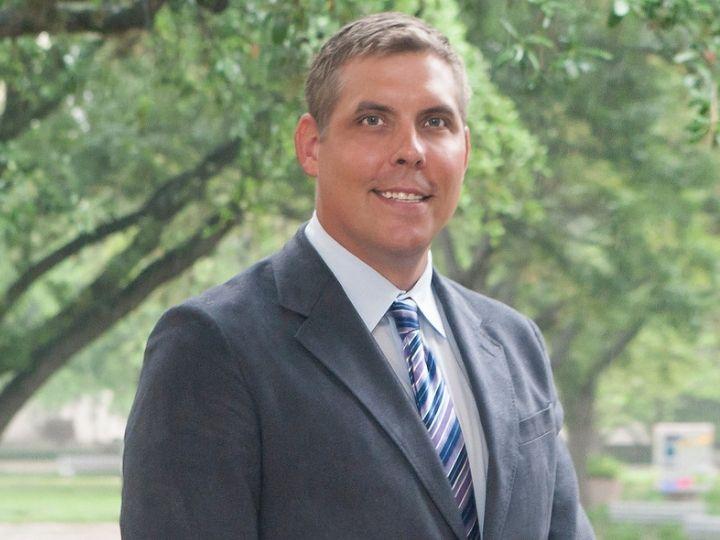Worry, fear of COVID-19 amplifies risk of substance abuse

Credit: University of Houston
Long after a COVID-19 vaccination is developed and years after the coronavirus death toll is tallied, the impact on mental health will linger, continuing to inflict damage if not addressed, according to new research. Michael Zvolensky, University of Houston Hugh Roy and Lillie Cranz Cullen Distinguished University Professor of Psychology and director of the Anxiety and Health Research Laboratory/Substance Use Treatment Clinic, has published two papers discussing the psychological, addictive and health behavior issues related to the COVID-19 pandemic from a behavioral science perspective.
“The impact of COVID-19 on psychological symptoms and disorders, addiction and health behavior is substantial and ongoing and will negatively impact people’s mental health and put them at greater risk for chronic illness and drug addiction,” reports Zvolensky in Behaviour Research and Therapy. “It will not equally impact all of society. Those at greater risk are those that have mental health vulnerabilities or disorders.”
For instance, those who ‘catastrophize’ the pandemic amplify the actual stress impact, increasing their symptoms and creating the possibility for substance abuse.
“That sets in motion a future wave of mental health, addiction and worsening health problems in our society. It’s not going to go away, even with a vaccination, because the damage is already done. That’s why we’re going to see people with greater health problems struggling for generations,” said Zvolensky
Zvolensky offers a model of how the COVID-19 stress burden may be associated with addictive problems and health behaviors, and how these may be associated with later chronic illness and psychological problems.
In Psychiatry Research, Zvolensky presents findings linking worry and fear about the pandemic to drug use and abuse.
Zvolensky evaluated a group of 160 participants to find if COVID-19-related worry and fear differed between substance abstainers, pre-COVID-19 users and those who initiated drug use for the first time during the pandemic.
“Results generally suggest the persons using substance experience the highest levels of COVID-19-related worry and fear,” said Zvolensky. “Additionally, worry about COVID-19 is related to coping motives for substance use.”
These results provide preliminary evidence that COVID-19-related worry and fear may be putative risk factors for substance use initiation in the face of COVID-19, and these results may provide critical clinical information for helping individuals cope with this pandemic,” he said.
###
Media Contact
Laurie Fickman
[email protected]
Original Source
https:/
Related Journal Article
http://dx.




